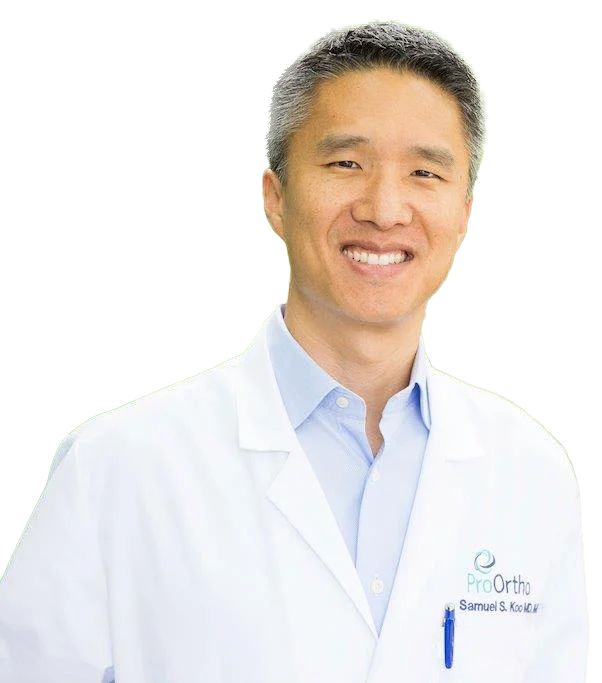Platelet-Rich Plasma (PRP) Shoulder Injection in Kirkland, WA
PRP is a Platelet-Rich Plasma therapy injection. It has been used since the mid 1990’s.
Platelets function as a natural reservoir for growth factors that are essential to repair injured tissues. The growth factors that the platelets secrete stimulate tissue recovery by increasing collagen production, enhancing tendon stem cell proliferation, and tenocyte-related gene and protein expression. These growth factors also stimulate blood flow and cause cartilage to become more firm and resilient. PRP activates tenocyctes to proliferate quickly and produce collagen to repair injured tendons, ligaments, cartilage and muscles.
After your PRP
After you have your PRP injection you will feel an increase in pain in the days immediately following. You will notice gradual improvement 2-6 weeks after starting the PRP therapy. Some patients report ongoing improvement 6-9 months after PRP therapy is administered. In some studies, Ultrasound and MRI images have shown definitive tissue repair that has occurred after PRP therapy, supporting the proof of the healing process. By treating injured tissues before the damage progresses there are times that surgical intervention can be avoided.
What is treated with PRP?
The most common injuries treated with PRP therapy are: rotator cuff, quadriceps, hamstring, Achilles tendon injuries and tennis elbow.
Is PRP therapy a substitute for shoulder surgery?
PRP is thought to initiate a response that makes the chronic condition appear to be a new injury, which provokes a new/renewed healing response. This new healing response is then augmented by the super-concentrated healing factors contained within the PRP. Therefore, with PRP therapy in combination with appropriate reconditioning, we may improve the chance of healing and diminish the opportunity for escalation of the injury.
When Is PRP Used?
PRP is being used with regularity at the highest levels of sport and in the most highly compensated athletes in the world today. Conditions that can be treated successfully with PRP therapy include the shoulder which involves rotator cuff tendinitis, impingement, bursitis, and bicipital tendinitis. Dr. Koo believes that PRP treatment is best reserved for incomplete, chronic degeneration and tears of extra-articular ligaments and tendons.
Dr. Koo’s position on PRP therapy
Dr. Koo believes that PRP therapy may decrease the progression of more serious injuries, decrease the overall time for healing, and ultimately decrease the overall need for surgical intervention.
Schedule a PRP Consultation
Shoulder surgeon Samuel Koo, MD has extensive experience helping patients by utilizing PRP therapy. If you would like to schedule an appointment in the Seattle, WA area for a PRP therapy injection consult, contact Dr. Samuel Koo at (425) 823-4000. You can also request an appointment through our secure online form.

